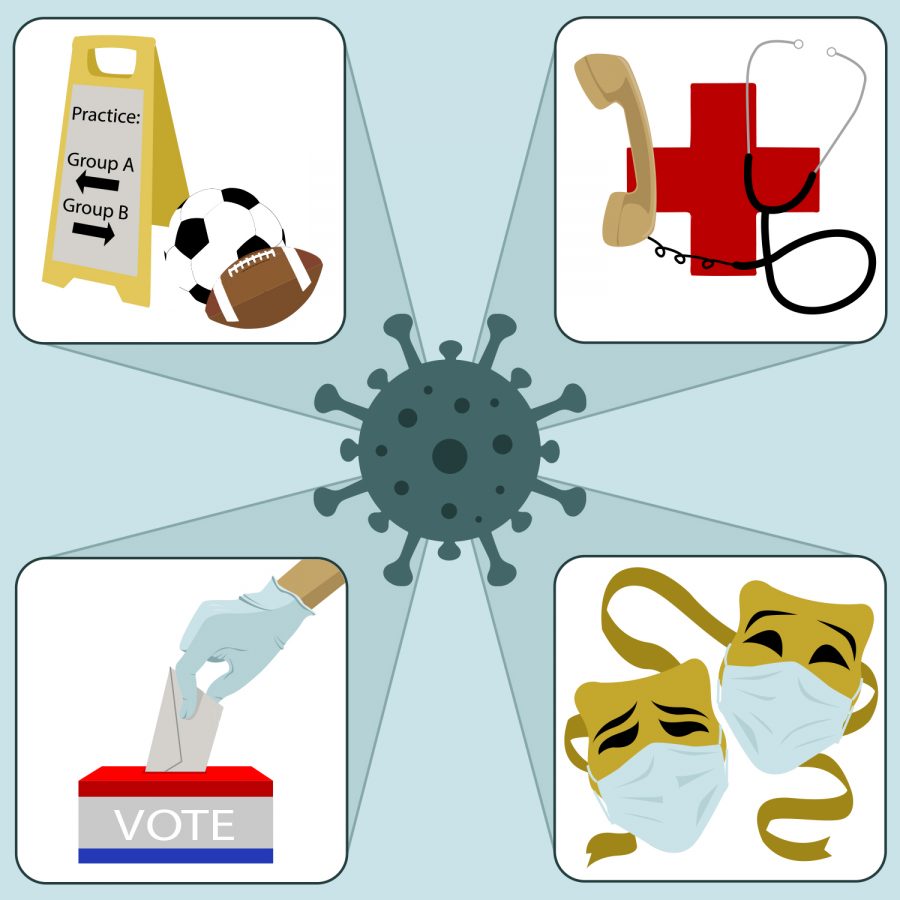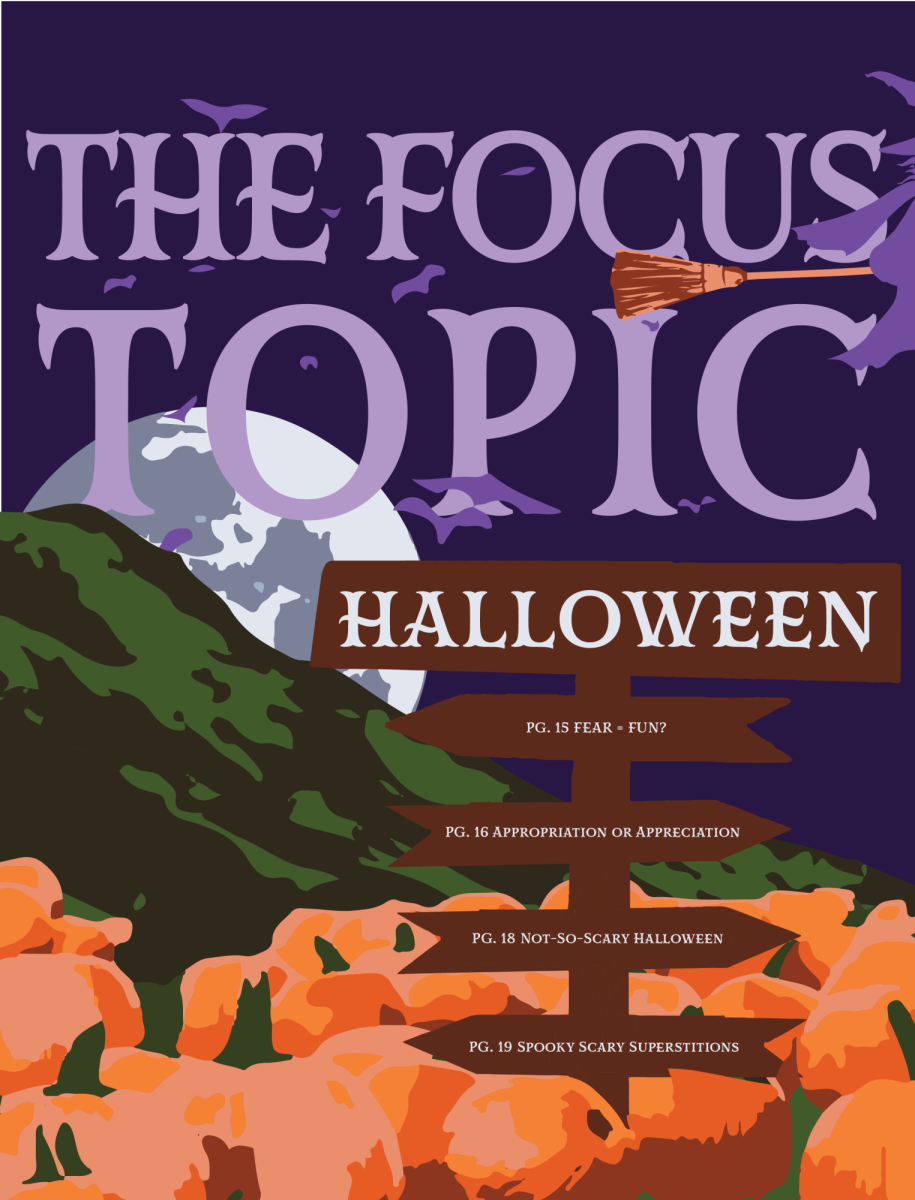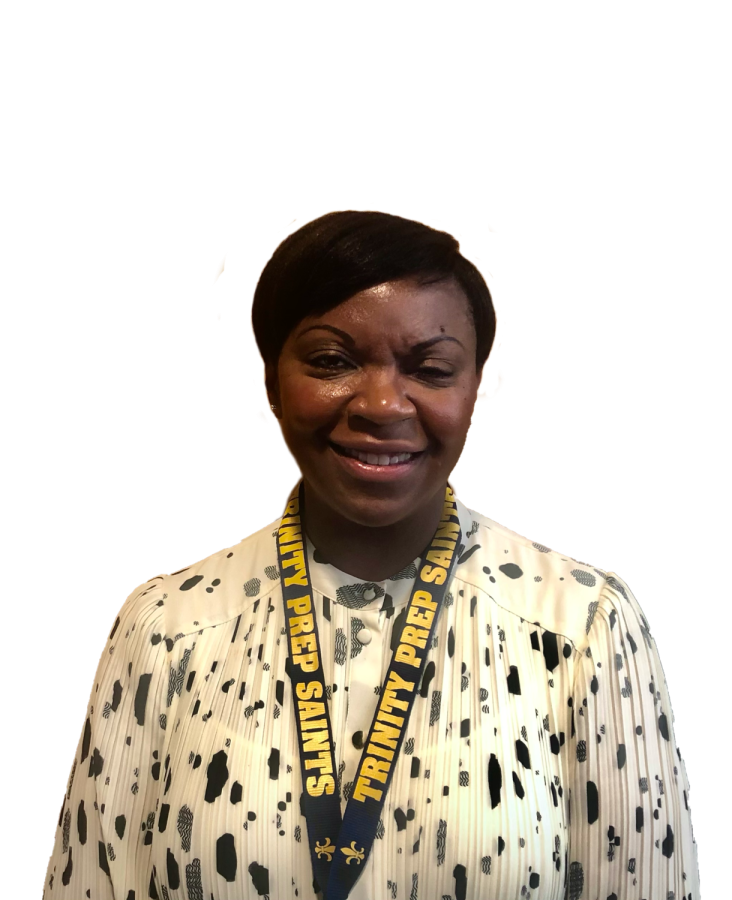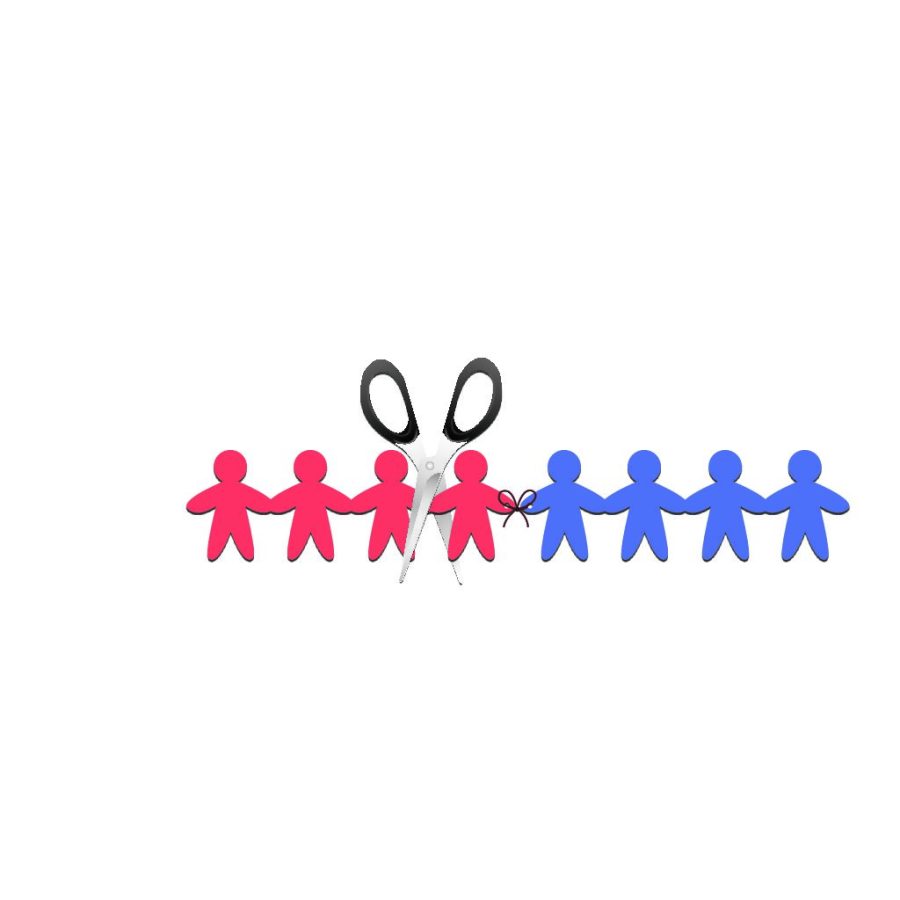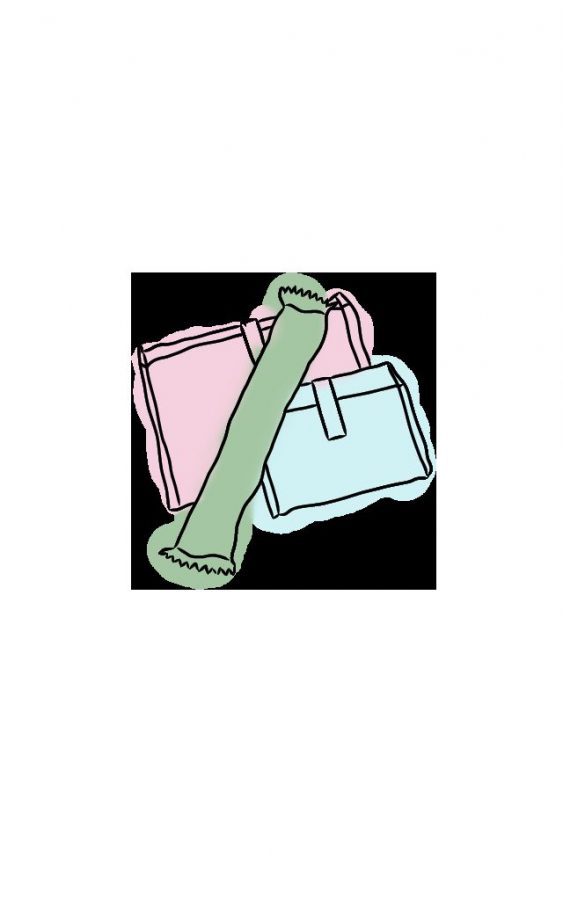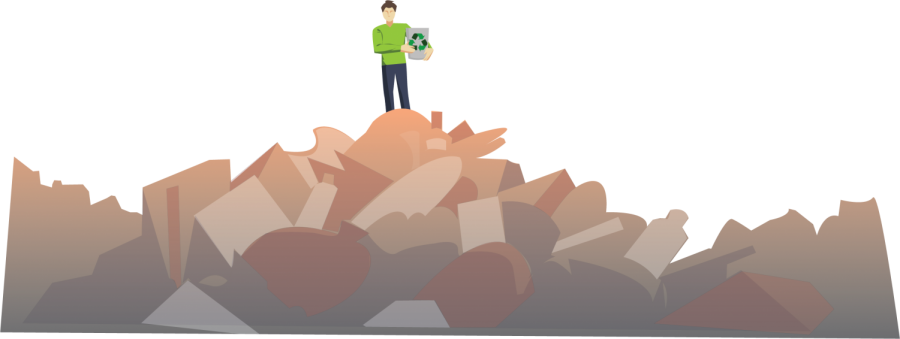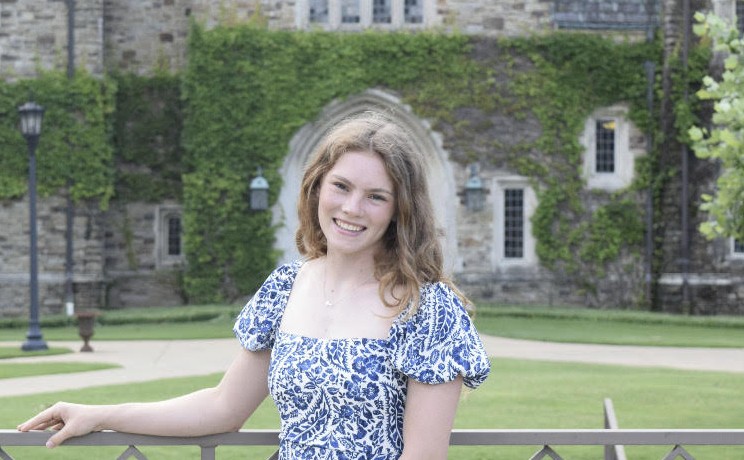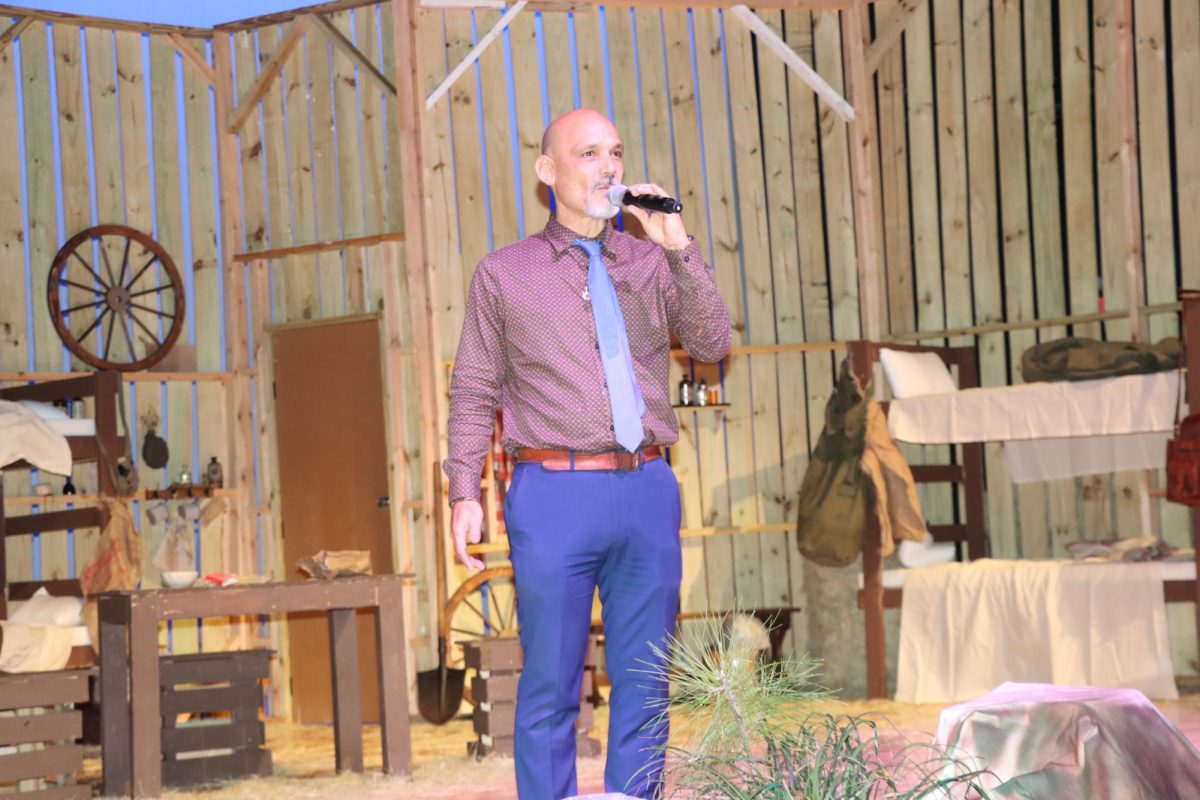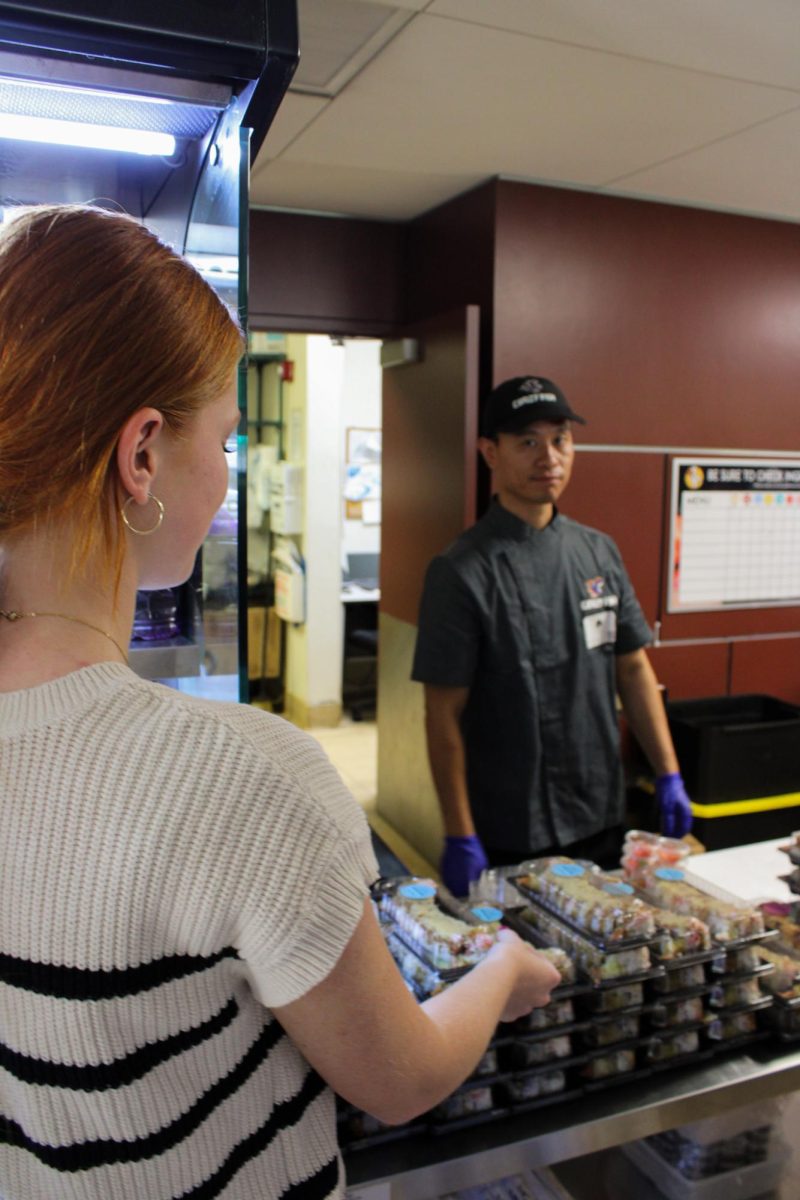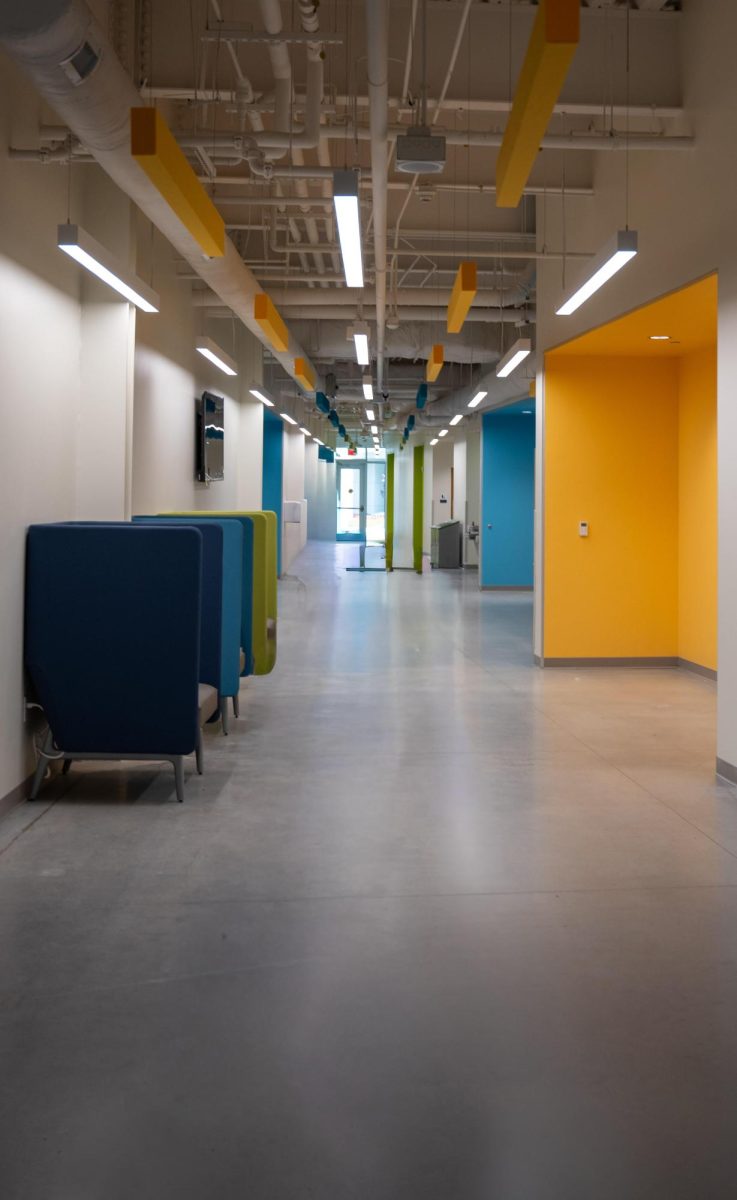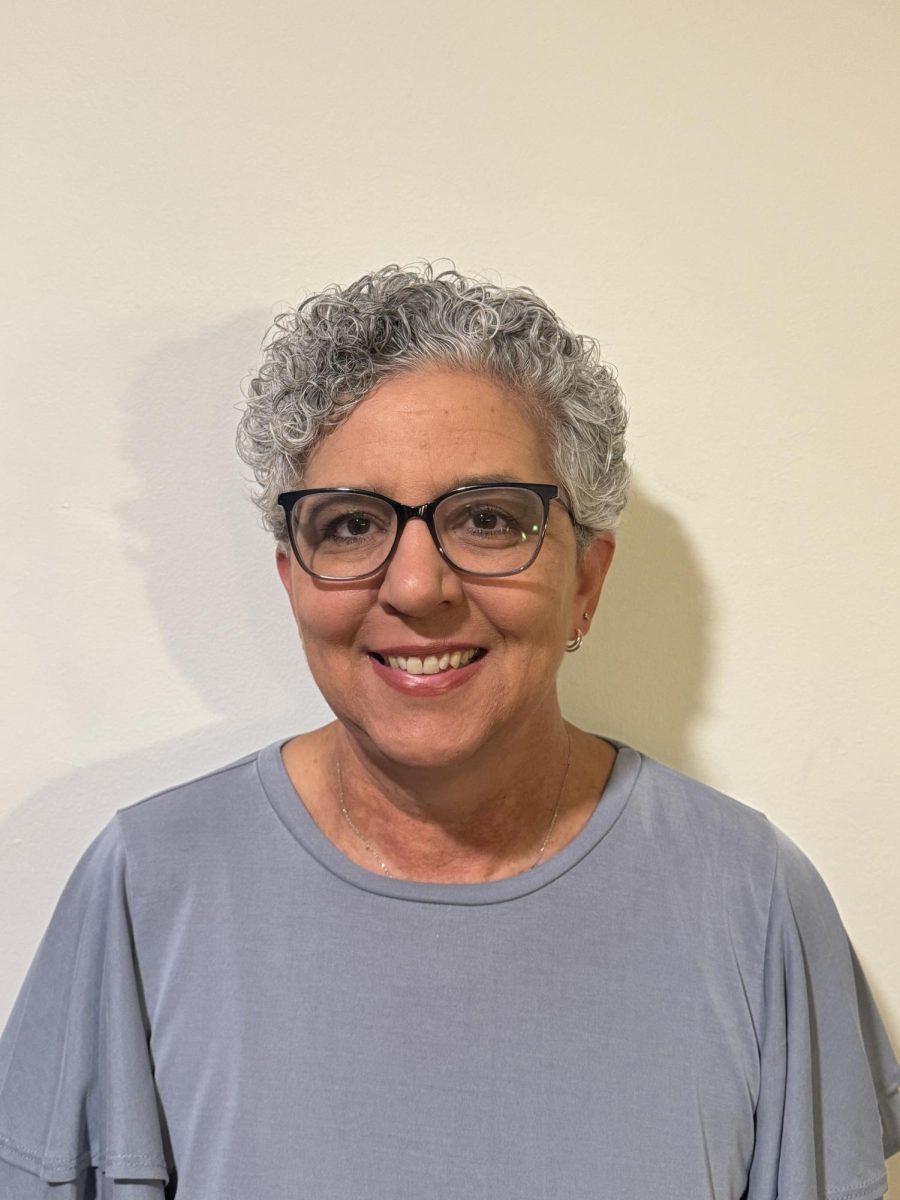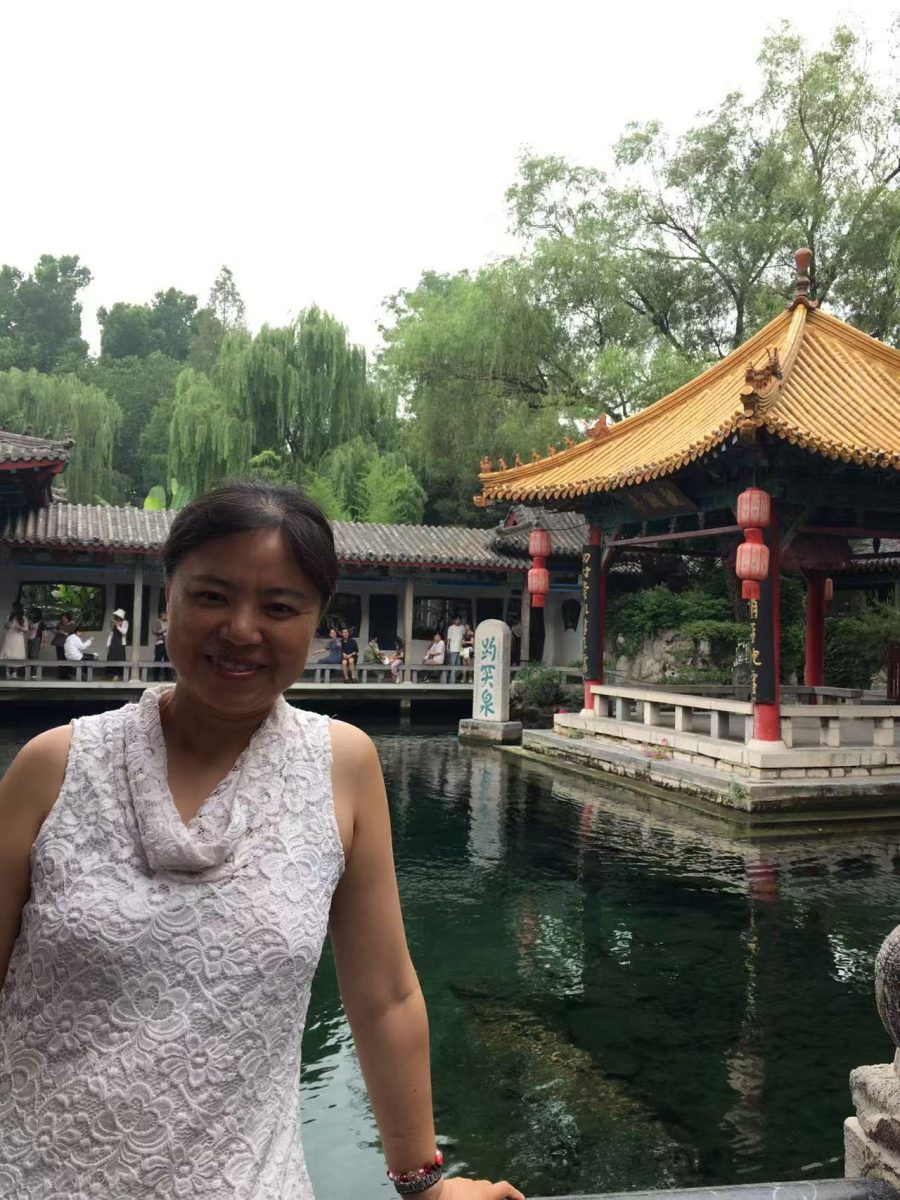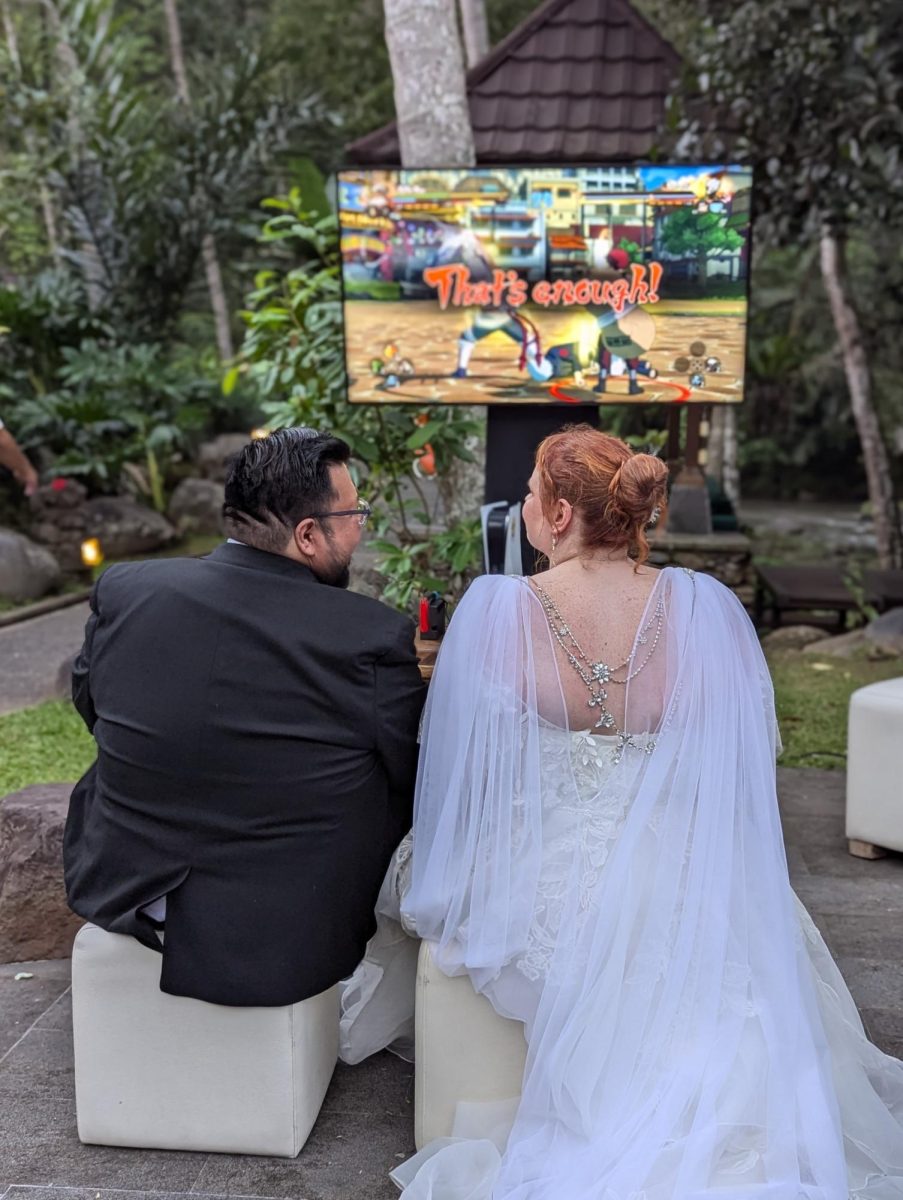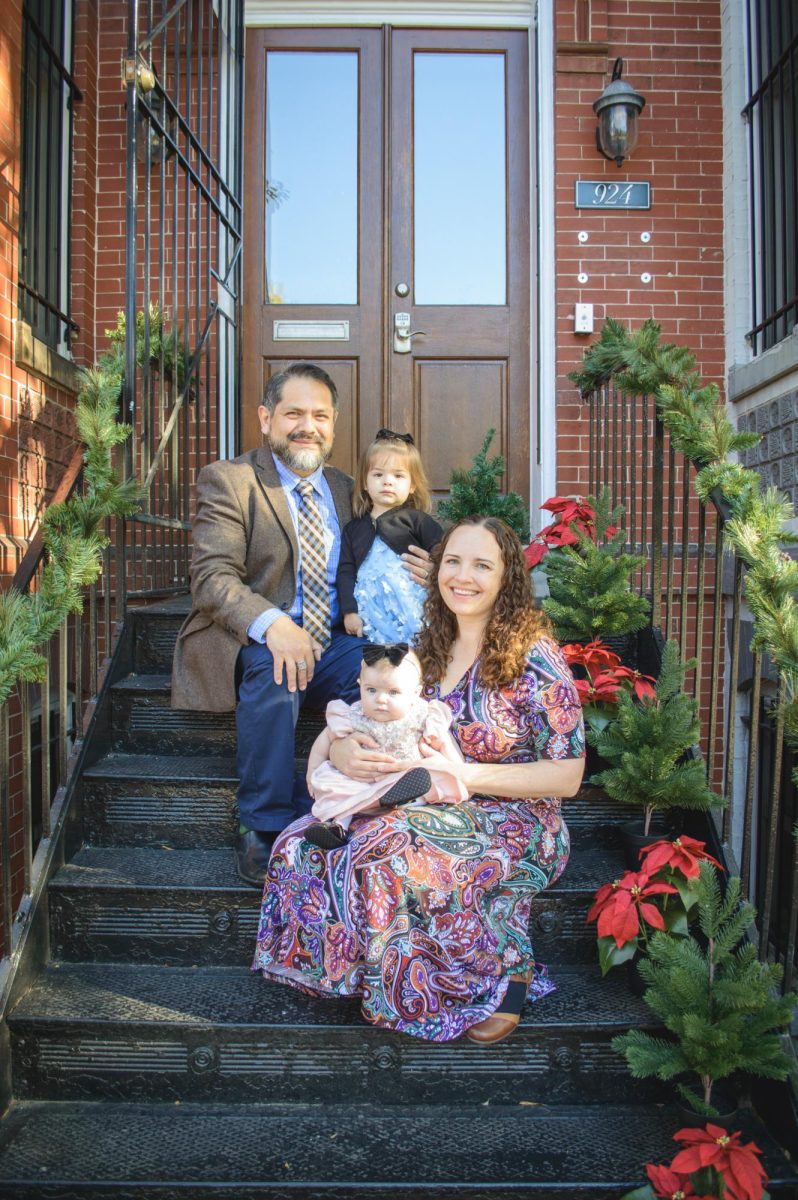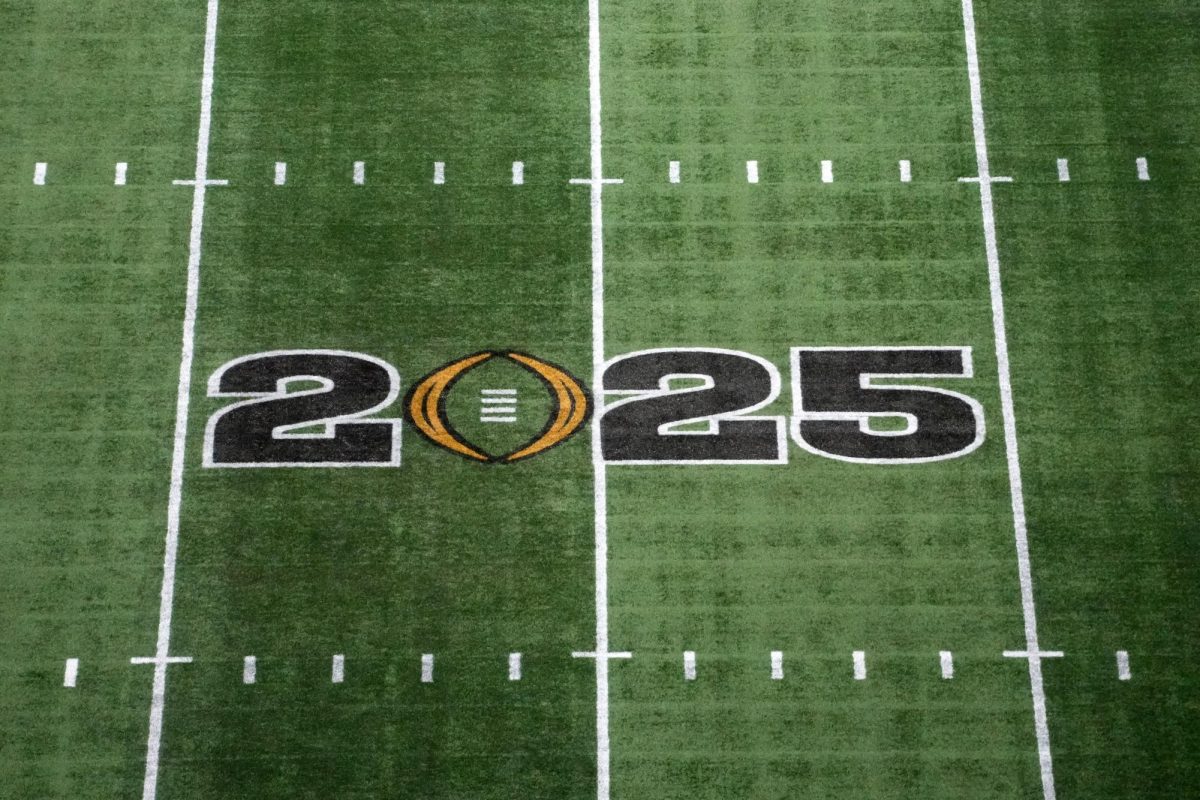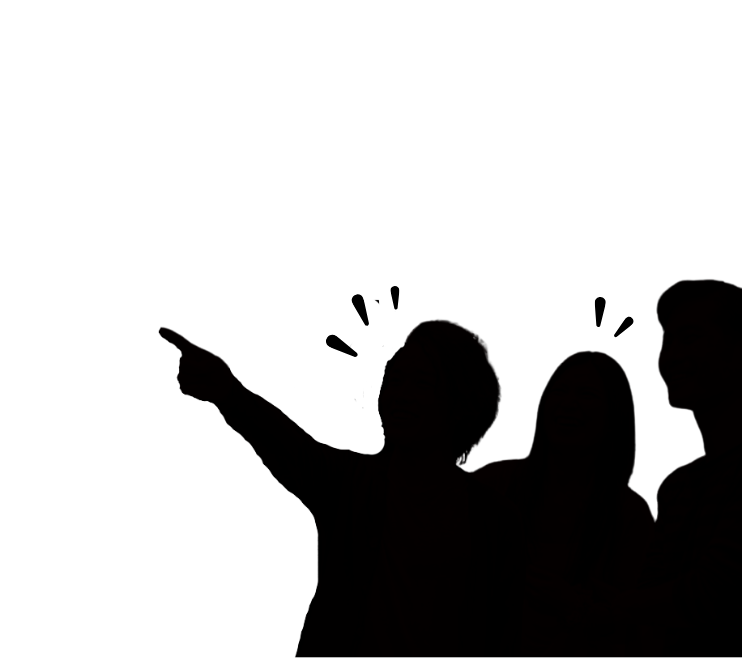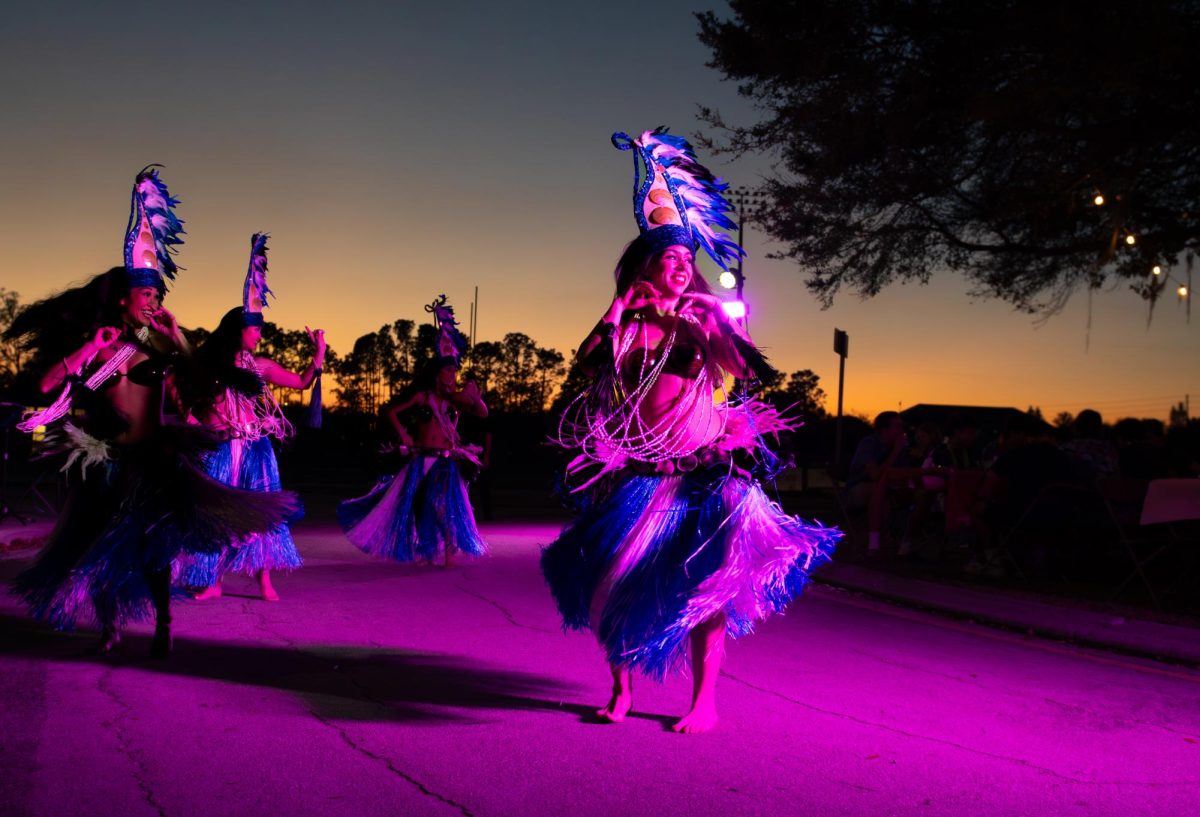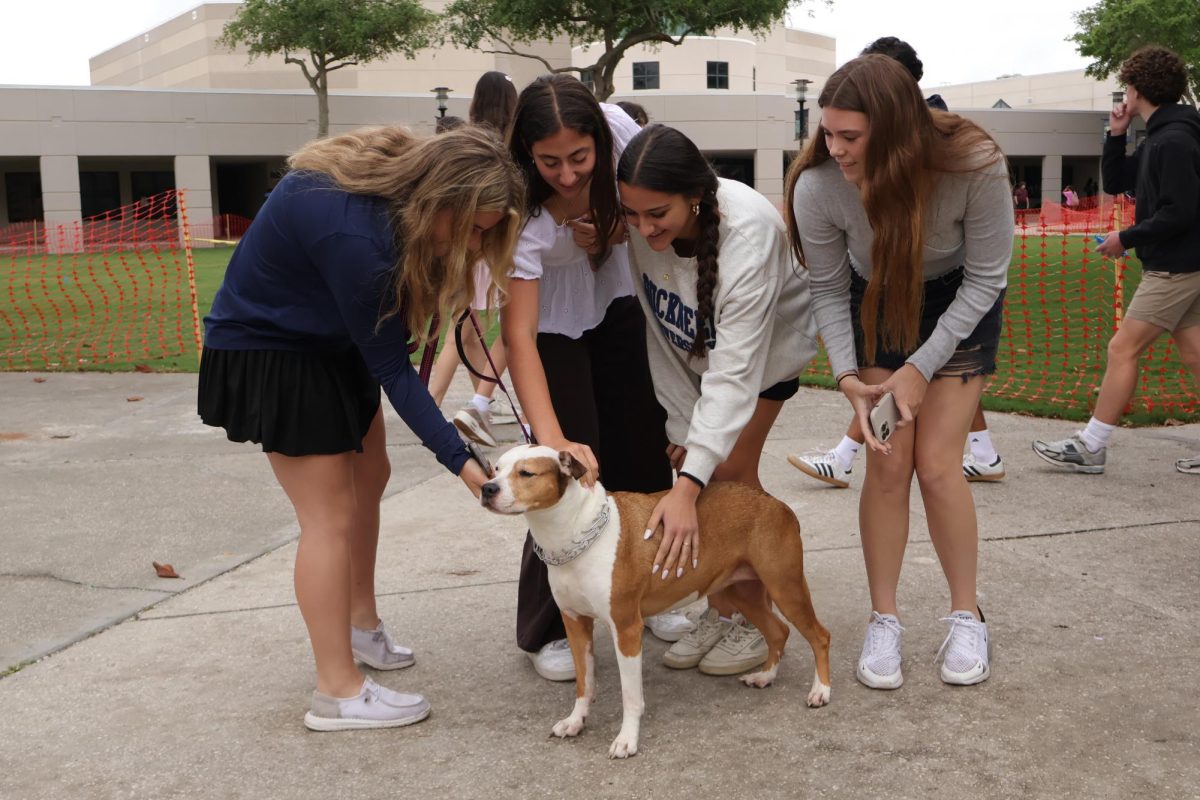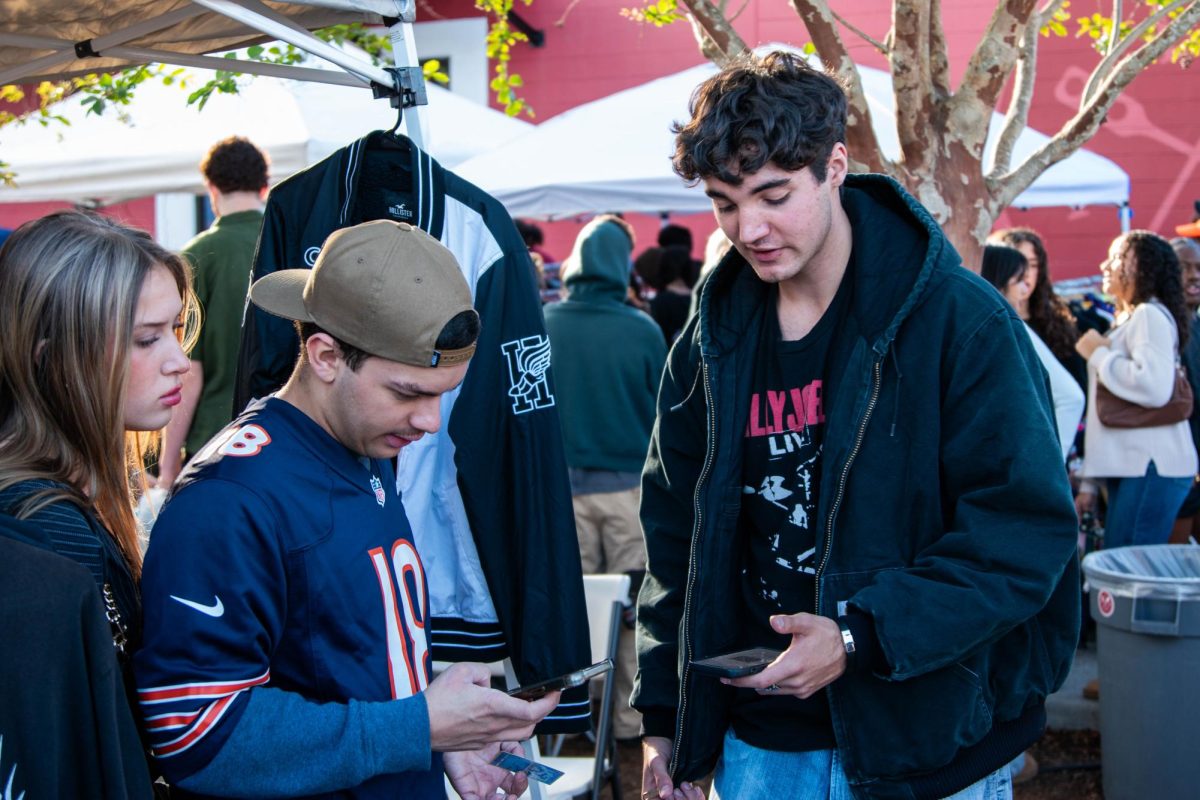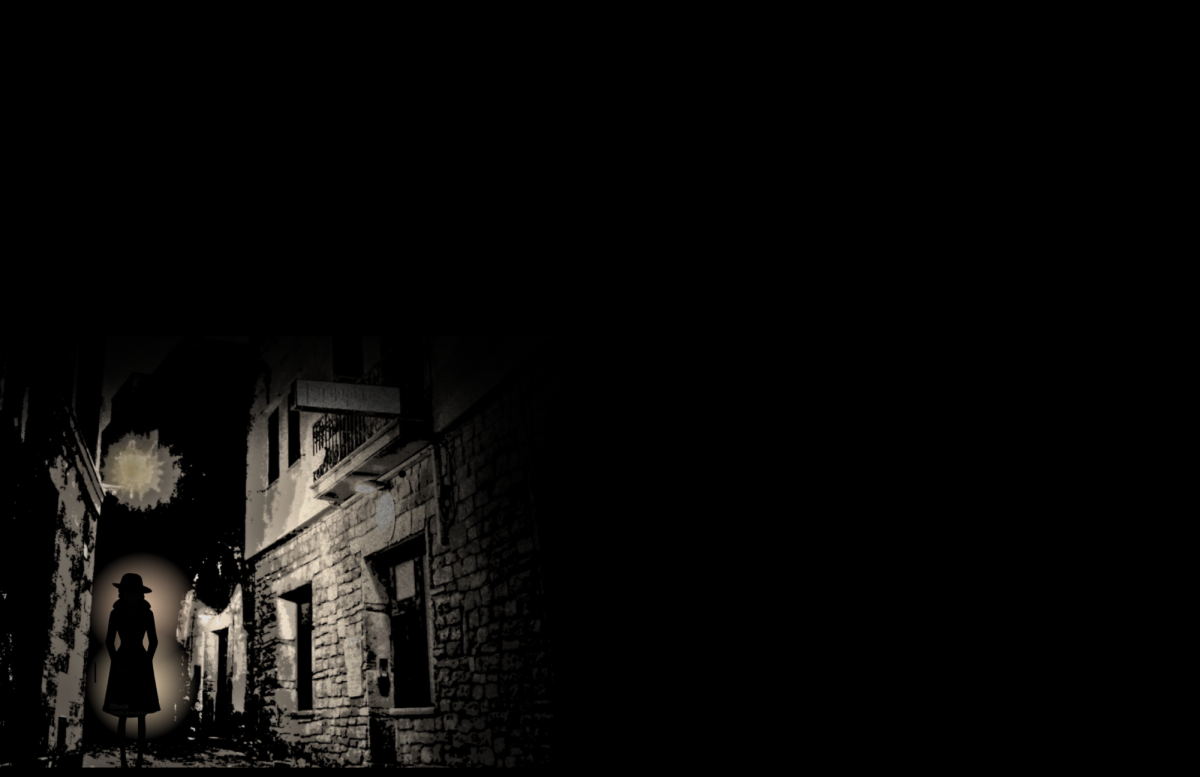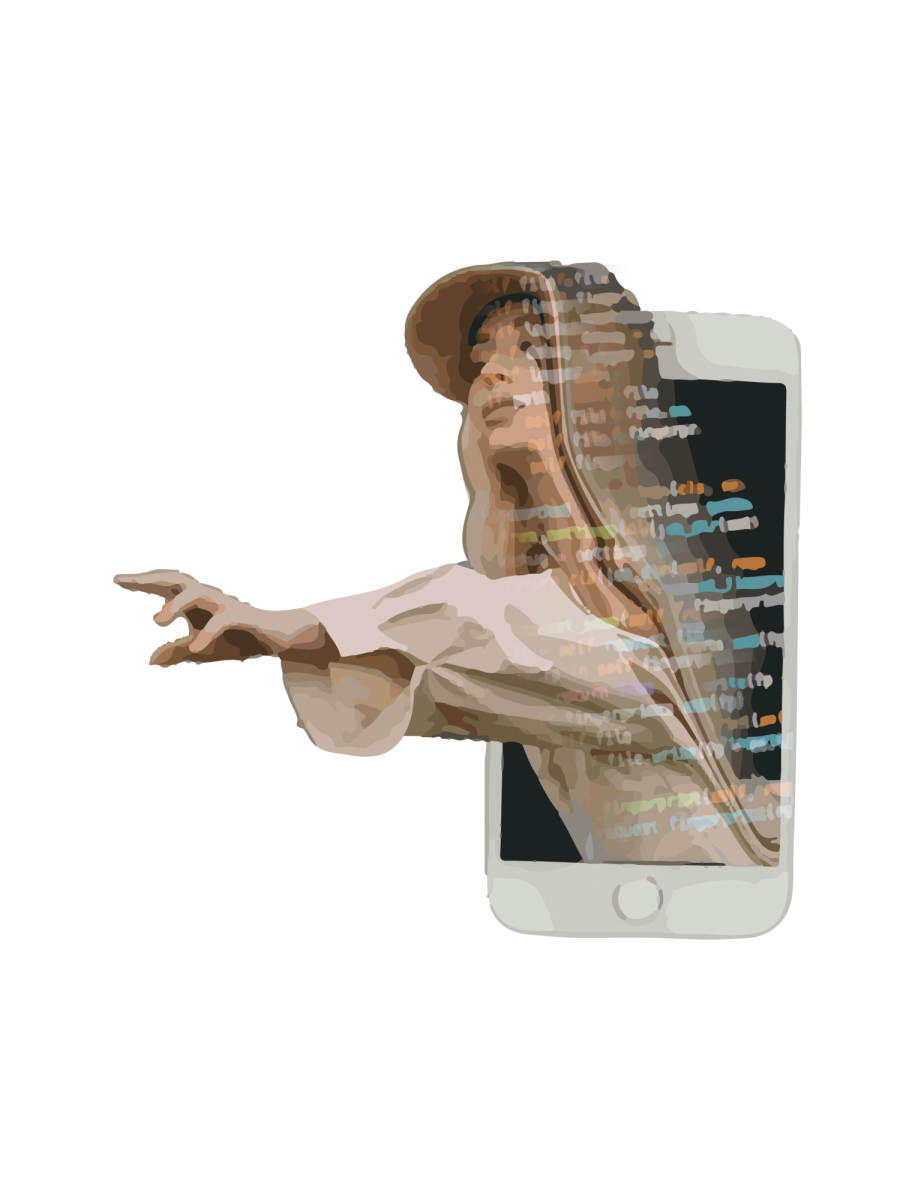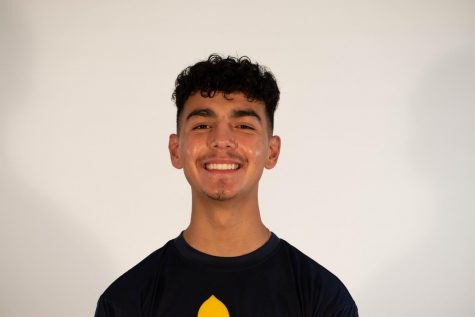As the coronavirus continues to impact us, we asked members of our community to share their thoughts on how life has changed in various industries.
Sports
Athletes all around the world were forced to halt team training this past summer, leaving them to find other ways to stay healthy and ready to play. Kait Briggs, Director of Health & Fitness at Orbita Football, a football development academy, gives us an insight into how the world of soccer and high-school athlete training was affected.
“This pandemic has really just forced us to become more creative,” Briggs said. “We have had to find new solutions and new ways of training for each athlete, as they now all have different access to different training platforms. We had to shift everything to smaller groups and even just single athlete training programs. In a way, it’s been good because now we can focus on a more in-depth level with everyone. Of course, we eventually want to return to larger groups, especially with soccer team training. It’s very hard to replicate a lot of things with distancing.”
Politics
Social science teacher William Milsten focuses on how the government changes have affected our lives in the midst of the pandemic.
“I believe that a layer of stress has been added by COVID, lockdowns, precautions, and fear, to everything we do, politics included,” Milsten said. “People locked in their houses for months can’t be healthy.”
Although we have been collectively impacted, we are still more politically divided than ever.
“It’s the weirdest effect of COVID during a presidential election year, that people are choosing what they want to believe based on their pre-COVID tribes,” Milsten said. “It’s no accident that one party wears masks even when it isn’t necessary and one doesn’t wear them enough even when it is necessary. It’s tribalism and signaling. Both sides claim they’re following science. Nobody is ever sure of anything.”
Medicine
As COVID-19 forced social distance restrictions, telehealth grew to become a popular choice for those at home. Students can now do check-ups with doctors from the safety of their homes.
“It’s so much easier now, I can pretty much do it wherever and I don’t actually have to go to the doctor’s office,” freshman Lincoln Ulman said.
Telehealth, the use of online technologies to remotely access health care services, had been discussed and tried for the past decade. However, it hadn’t had a chance to come to fruition until just this year.
“I think this is something I’m going to keep doing after COVID,” Ulman said. “This is actually one of the few good things that has come from the pandemic.”
The Arts
Fine arts department chair, Janine Papin, speaks on the adjustments the arts department has made this year, from moving all their performances outdoors or online to community outreach for fellow performers. They were even able to create a new “theatre” by setting up the area outside the auditorium.
“I think [using the Quad] as a performance space is a beautiful option,” Papin said. “It requires a lot more set up for sound but I think it is worth it!”
The only problem with this has been the weather — the potential for rain has led to rescheduling and last-minute storms have caused an abrupt halt to performances. However, “the show must go on.”
Outside of Trinity Prep, Papin and a group of individuals, who are active in the Central Florida theatre scene, were able to come together to help each other out in this difficult time, further strengthening their community. Groups like The Greater Orlando Performing Arts Relief were made and are now a sort of “safety net” for those in crisis, whether they are directors, performers or designers.
“Sadly, for the time being, almost everyone in the performing arts is in crisis,” Papin said. “We are trying to help in whatever way we can. I believe that the arts not only enrich our lives, they also are essential to society. It is because of that that I hold onto the hope that the performing arts not only will recover, but be even more supported than they have been in the past.”




